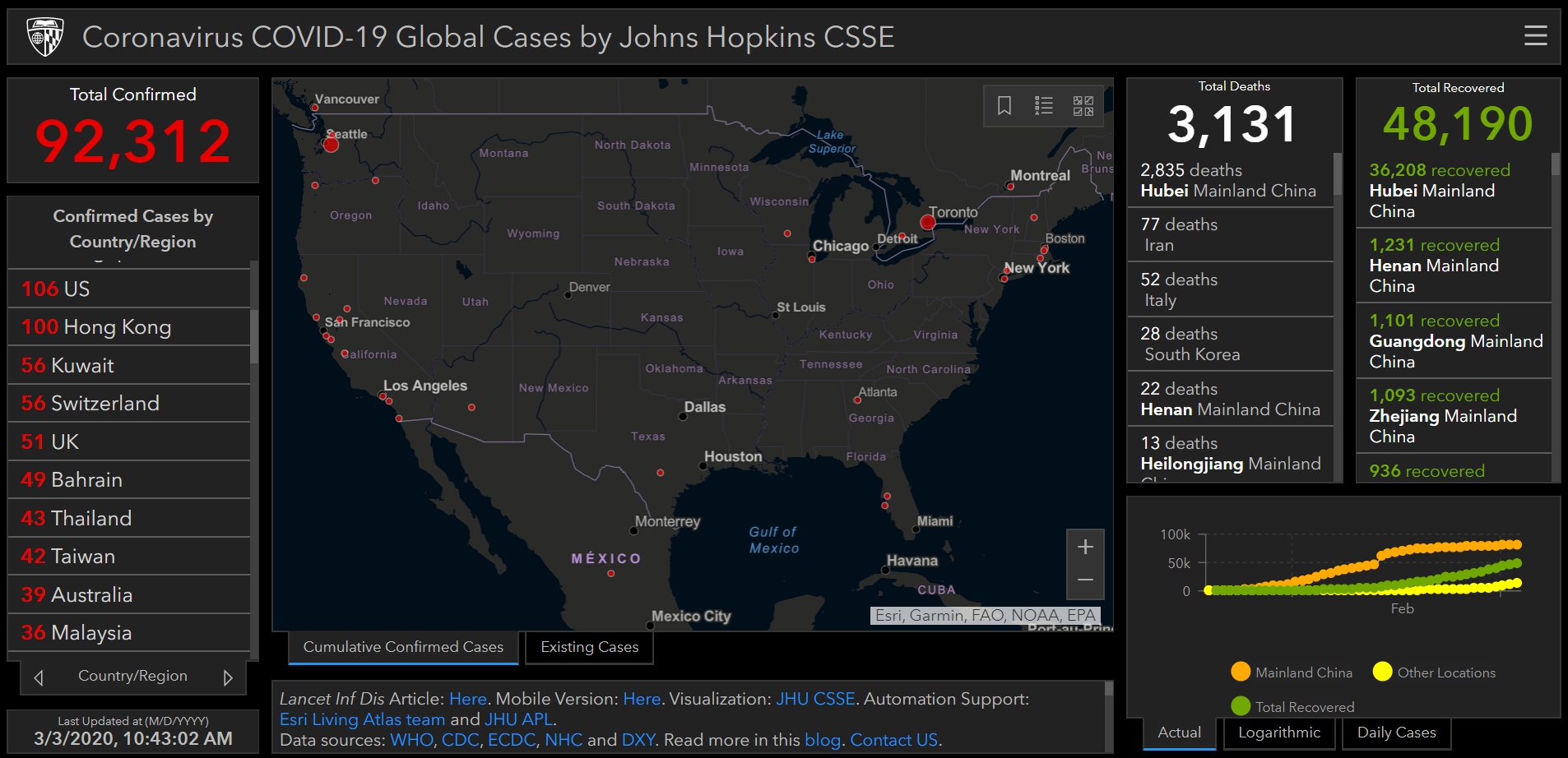How does COVID-19 Spread?
COVID-19 is extremely potent because of the ease and efficiency to which it is transferred.
The virus is a respiratory infector meaning it only has cell receptors for the lungs.
So far, scientists have identified that it can only be spread from the virus coming in contact with your mouth, nose, or eyes.
It is NOT believed to be an airborne infection; meaning the air you breathe cannot cause you to contract COVID-19. This, however, is still being tested – but no previous patient has identified virus contraction through the air.
This virus is spread in large droplets through coughing and sneezing from the infected. Those droplets then fall and contaminate a surface; that surface can be considered contagious for up to one week. If you touch that surface and then casually touch your mouth, nose, or eyes that is where the contagion occurs.
That is why it is paramount to wash your hands and avoid touching your face.
For more information the CDC has a helpful FAQ section.
READ MORE: How to Prevent it
World Map
For more information on Coronavirus, click here.
